First comes love, then comes marriage and then comes many years of wedded bliss — ideally.
Marriage is a part of life for most of us — so much so that more than 90 percent of people marry before they turn 50 in western cultures, according to the American Psychological Association.
But, sadly, approximately 40 to 50 percent of marriages end in divorce. If you feel like your marriage is failing, try these techniques from relationship experts that could help.
Ditch the Bickering
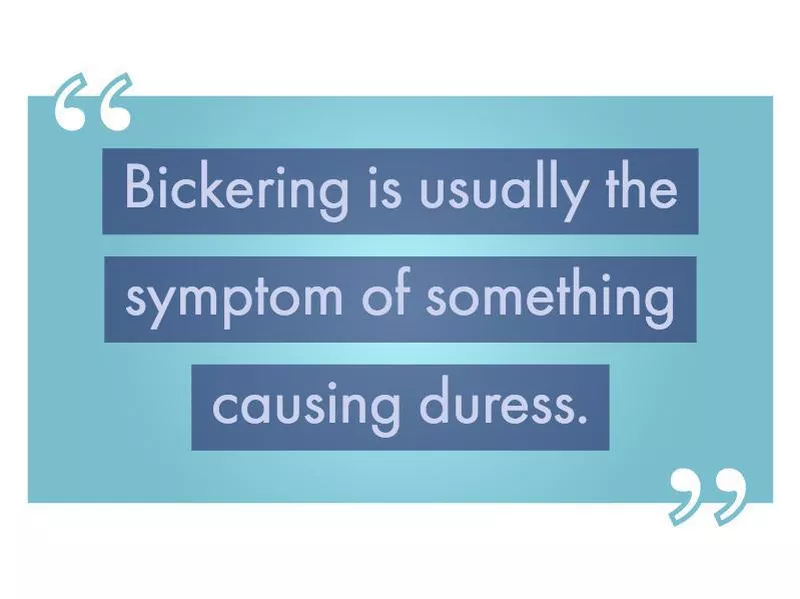
Chronic bickering makes for great television but can destroy a marriage. “While some couples bicker as their normal form of communication, they’re usually television characters,” says April Masini, author of four relationship advice books and the “Ask April” relationship advice column.
“In real life, when bickering escalates and becomes chronic, with no end in sight of it stopping, it’s because there are underlying problems,” she adds. “Bickering is usually the symptom of something in the relationship that is causing chronic duress.”
Yes, Sex Is Important
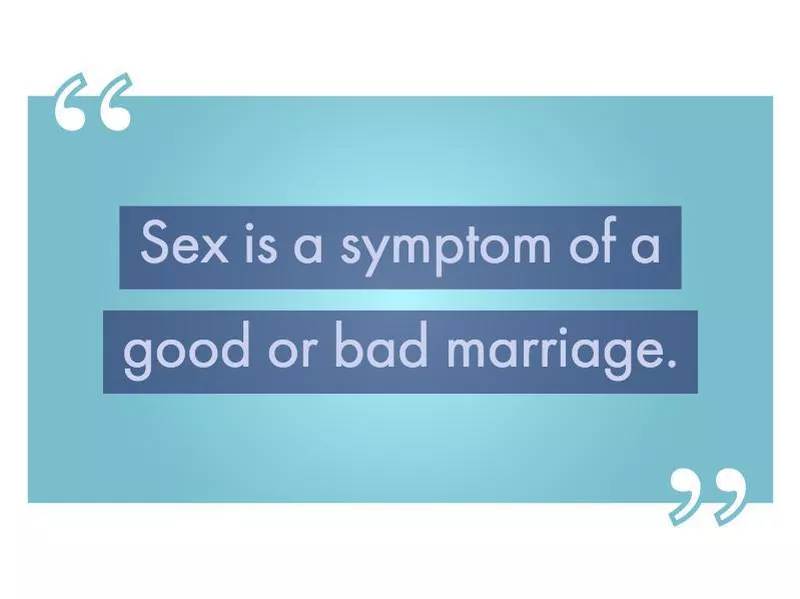
While sex is not everything to a marriage, experts agree that it is a big part of it.
“When sex goes, the relationship is on shaky ground, and the reasons for it going completely are not about fatigue and busy schedules. It’s about not prioritizing it in the marriage,” Masini says. “Sex is a symptom of a good or bad marriage. It’s not the whole enchilada, but when it goes, it’s usually a sign that the marriage is having problems.”
Don’t Overuse the D-Word

When my husband and I have a big fight, I automatically assume it will lead to divorce while he’s never once thought about breaking up or divorce in our nearly 10-year relationship. Relationship experts agree that couples should avoid overusing the word divorce.
“Sometimes people pull out words like ‘failing’ or ‘divorce’ in order to get the attention of their partners. One person in the marriage may think the marriage is about to crash and burn and wants to save it, but the other person may think it’s business as usual and isn’t exerting much energy to improve things,” Masini says.
But there can also be a positive outcome from using dramatic words: motivation. “Trigger words like ‘failing’ can nudge someone out of a lull and bring them to the table to try and work things through,” Masini says.
Don’t Give Up
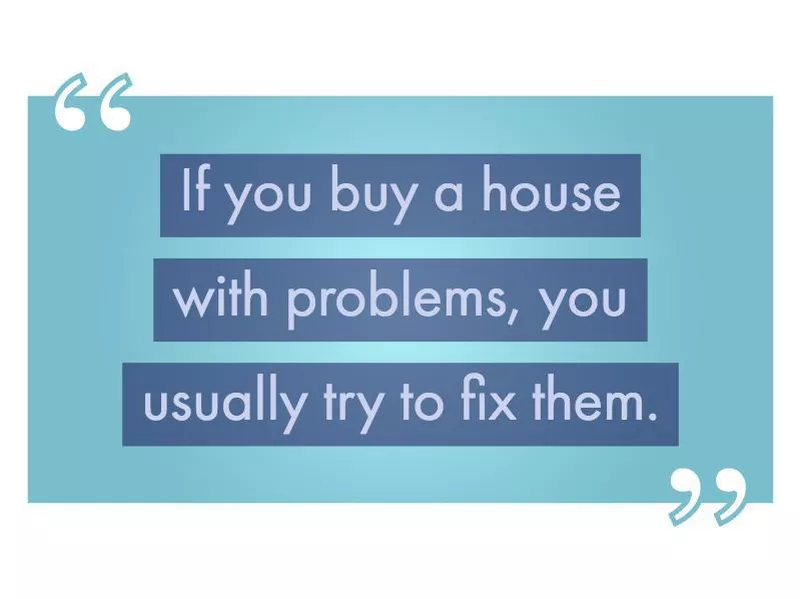
Marriage is rarely a quick or easy decision, which is why couples shouldn’t give up on their relationship once things get tough. “If you’ve gone to the extent of marrying someone, you should try to work things out. There are a few exceptions — like when there is abuse or when there is chronic betrayal — but if you have a commitment, and there is still good there, it’s a good idea to work things out,” Masini says.
“Think of it like buying a house. If you buy a house and then find there are problems, you usually try to fix them,” she adds. “Think of your marriage as that type of investment.”
Reset Expectations
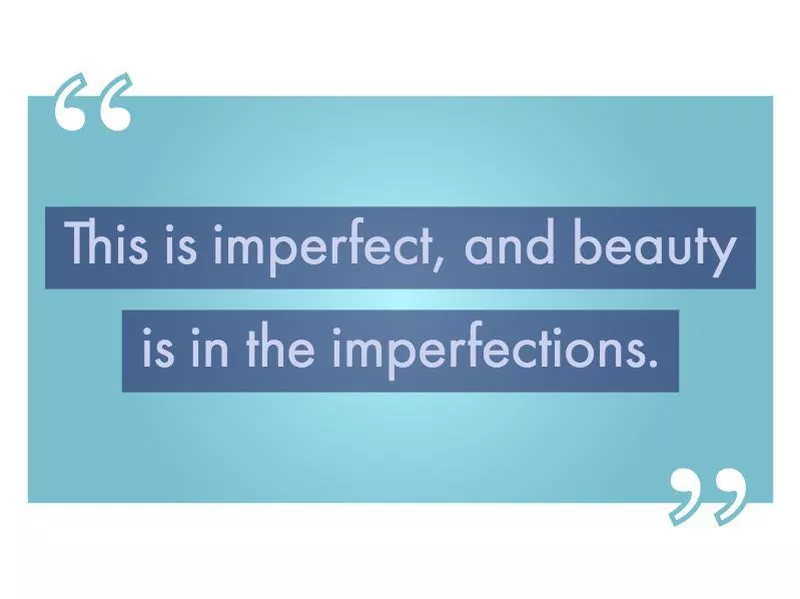
We all have expectations of ourselves and our partners, but sometimes resetting them can help a marriage that is struggling.
“All marriages have challenges. If you thought yours wouldn’t have the ones you’re experiencing, reset your expectations,” Masini says. “This is your life. This is your marriage. Now, roll up your sleeves, and stop bemoaning that perfect relationship you thought you had. This is imperfect, and beauty is in the imperfections. Find it.”
Don’t Blame Your Partner for Everything
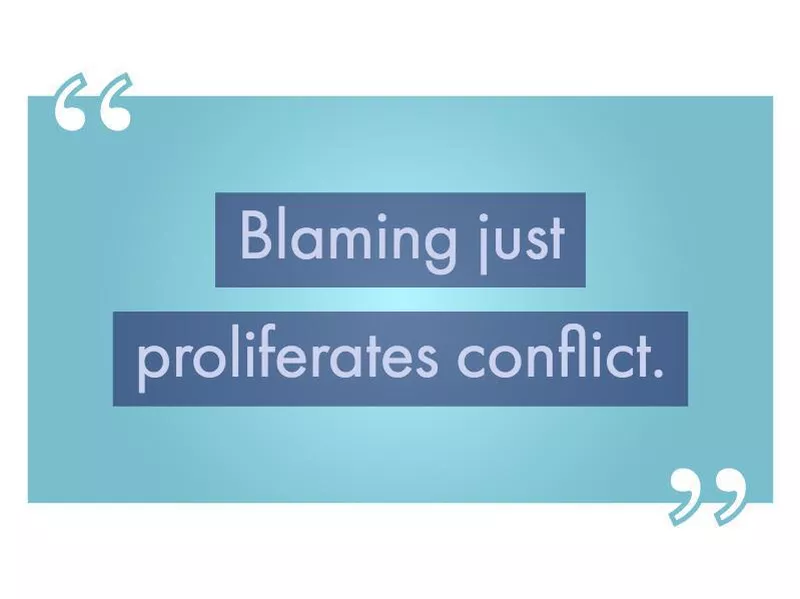
Relationship experts agree that acknowledging the issues you are facing as a couple will help you work through them. But do so the right way by not blaming your partner for everything that has gone wrong in the relationship.
“Blaming just proliferates conflict. When you take responsibility for your part in things, you’re going to to be much more likely to have a partner who feels disarmed and connected,” Masini says. “That’s what you need to start to address problems in a marriage.”
Try to Ditch Blaming Completely
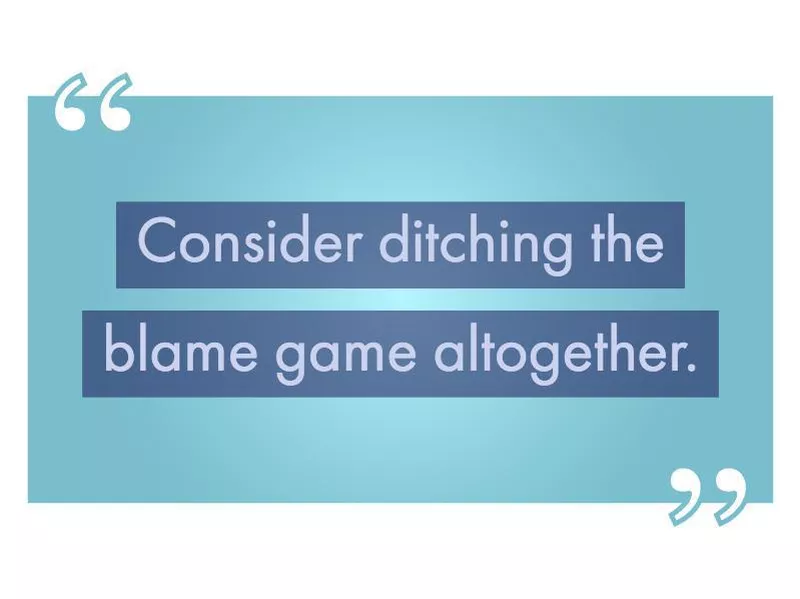
While highlighting the problems you’re facing as a couple is the first step in fixing them, consider ditching the blame game altogether.
“When each person is committed to blaming the other or the other’s mother or father or kids, it’s challenging to move forward beyond the issues at hand,” Masini says. “When you have a marriage that’s been in a downward spiral for a long time, it’s easy to get stuck blaming each other and sticking to your position. Recommit to being a team and don’t point fingers or blame each other. Take a broader perspective.”
Be as Flexible as Possible

Masini explains that, when attempting to revive a failing marriage, it’s helpful for both parties to be flexible.
“If you’re dug in, forget it. It’s very difficult to make anything work with someone who is intractable. And if you’re with someone who’s inflexible, bend over backwards to show your flexibility, and ask for some movement on their part,” she says. “If they’re not willing to move and make sacrifices for you and the relationship, you have bigger issues.”
Make Sure You Are Both All In
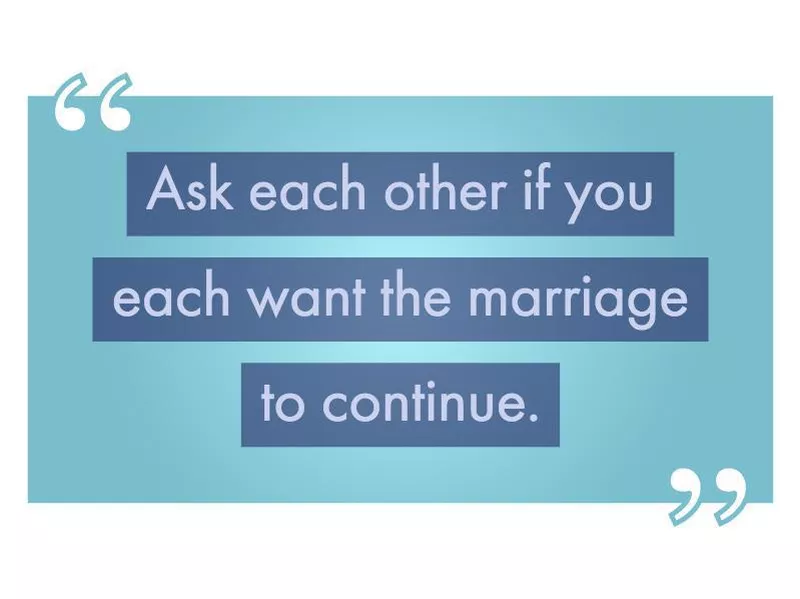
It takes two committed people to make a marriage a success.
“If one person is not interested in continuing, it’s impossible to turn a failing marriage around,” Masini says. “The first thing you should do is to ask each other if you each want the marriage to continue. If one of you doesn’t, you’ve got a different problem and a different set of issues than if you both want to work things out.”
Choose Empathy
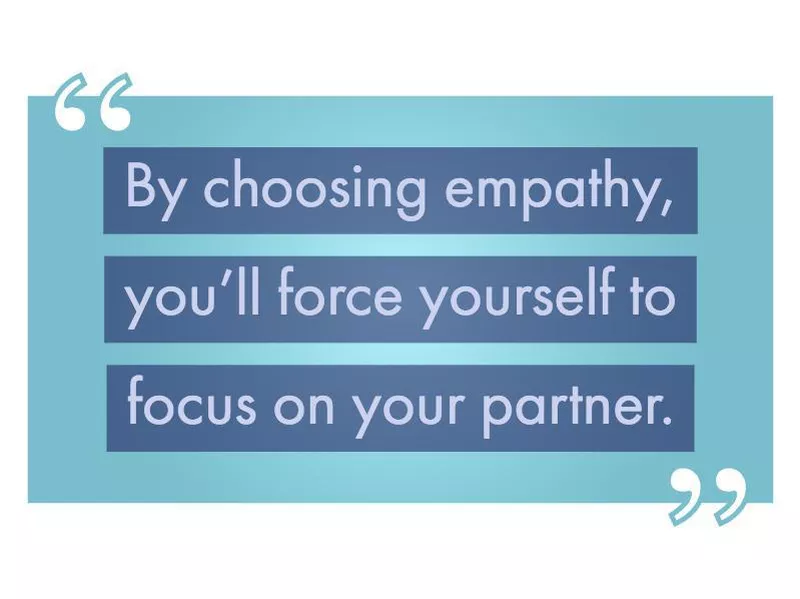
It can be easy to fall into a selfish streak without noticing when your marriage is failing. But by choosing empathy, you’ll force yourself to focus on and understand the feelings of your partner, which is completely necessary.
“Marriage is tough! It’s about two people, who then bring in in-laws, children, friends, work colleagues, neighbors, financial pressures and all sorts of energies to the relationship,” Masini says. “Both people in a marriage that is failing need to commit to empathy and trying new things.”
Be Prepared to Work
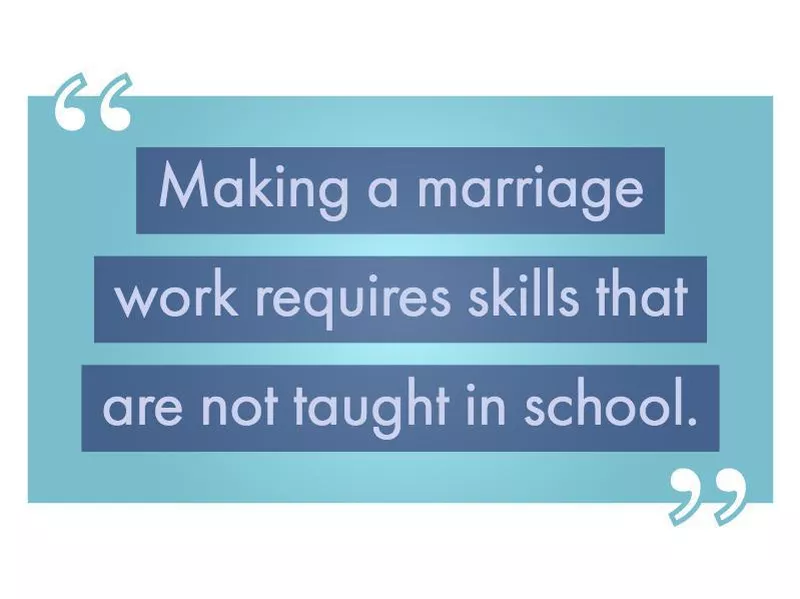
Between math, sports and writing, there isn’t much time left in the school day to teach people about relationships, let alone marriage. The result is that many of us go into our most important relationship with hope, but not a lot of experience.
“Making a marriage work requires skills that are not taught in school. It requires flexibility and open-mindedness as well as accountability and sacrifice,” Masini says. “Many couples are surprised by the challenges because nobody helped them think it through, and they didn’t think it through on their own. But if you’re in it, and you want it to be better, you have to work. Without work, commitment, energy and change, you’re not giving the marriage a fair chance.
Keep It Positive
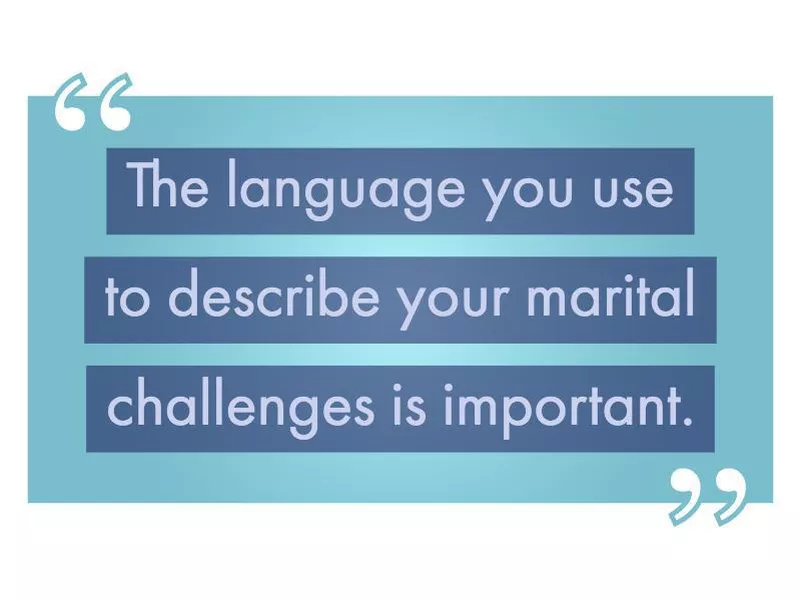
“I think the language you use to describe your marital challenges is very important. If you say your marriage is ‘failing,’ then you are looking at it through that negative lens,” says Dr. Sharon Saline, a licensed clinical psychologist who also lectures and trains clinicians around the world. “All marriages have their struggles, so referring to yours as ‘issues’ gives the marriage a chance to succeed.”
Be Accountable
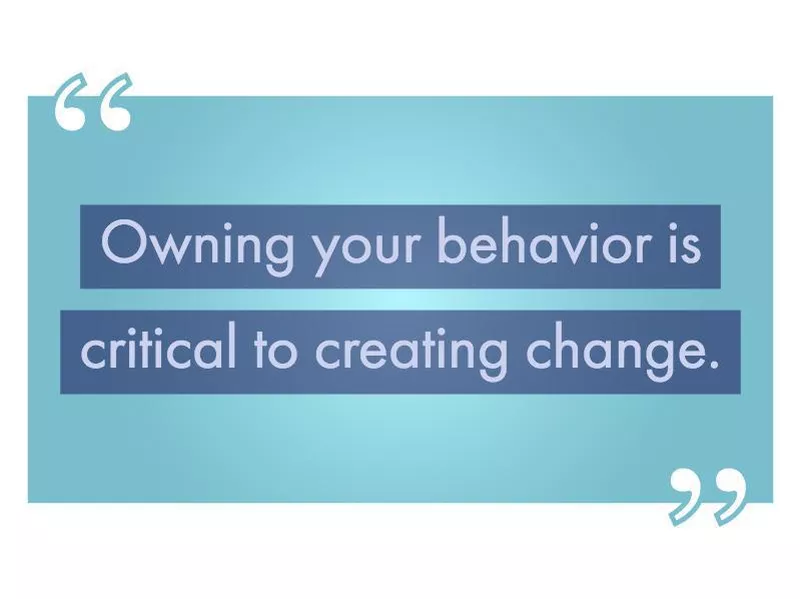
Just like it takes two people to make a marriage a success, it takes two people to contribute to the demise of the union. While one partner may have caused more crimes against the marriage, it is crucial that we hold ourselves accountable for our actions, too.
“It’s tough for people to be honest about their side of the street when they’re angry, but owning your behavior is critical to creating change,” Dr. Saline says.
Focus on One Change First
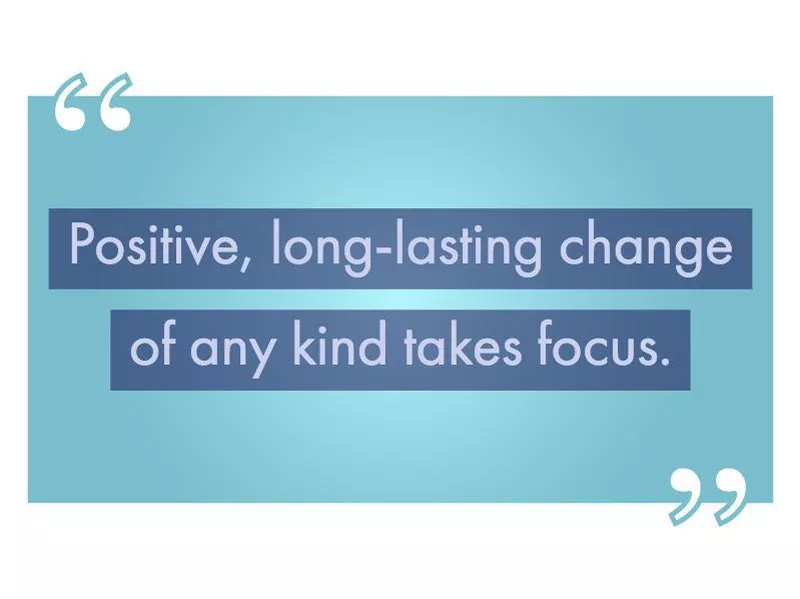
It’s easy to write a list of demands for your partner when your marriage is in trouble. But positive, long-lasting change of any kind takes focus, so it is best to pick one thing to work on first.
“I think that, instead of asking your partner to change a slew of things, ask for one thing. People can only change one thing at a time,” Saline said. “Aim to change one aspect of your behavior, too. Then, over time when this change is well-established, you can move onto something else.”
Reminisce About the Good Days

If you got married, then chances are your relationship hasn’t always struggled. So, take some time to remember the good-old days.
“If a couple is feeling hopeless about fixing their marriage, I would encourage them to have a conversation about what initially attracted them to each other,” Saline says. “What did they enjoy doing together? How can they rekindle closeness by starting to rebuild their friendship based on this information? Often when people feel hopeless, they’ve lost touch with what they like about each other, and rediscovering these connections can shift their negativity into something more positive.”
Pay Attention to the Signs
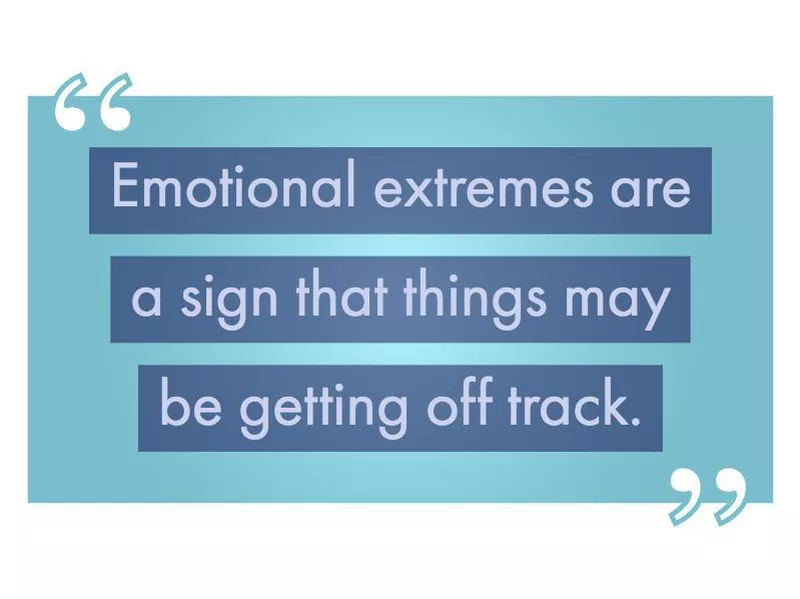
The day-to-day living we do as couples can sometimes prevent us from realizing our partner is exhibiting classic signs that show they’re not happy, which is why it’s crucial to look for them.
“Emotional extremes are a sign that things may be getting off track in a marriage, whether that shows up as more frequent or intense arguments, being less patient with one another or completely disengaging and ‘shutting down,’” says Daniel Olavarria, who has served as an expert consultant for the National Institute of Mental Health and is a licensed clinical social worker and therapist in New York City. “Addressing these signs early on with sincere, non-blaming communication can help prevent them from escalating into issues that threaten your marriage.”
Schedule Serious Discussions
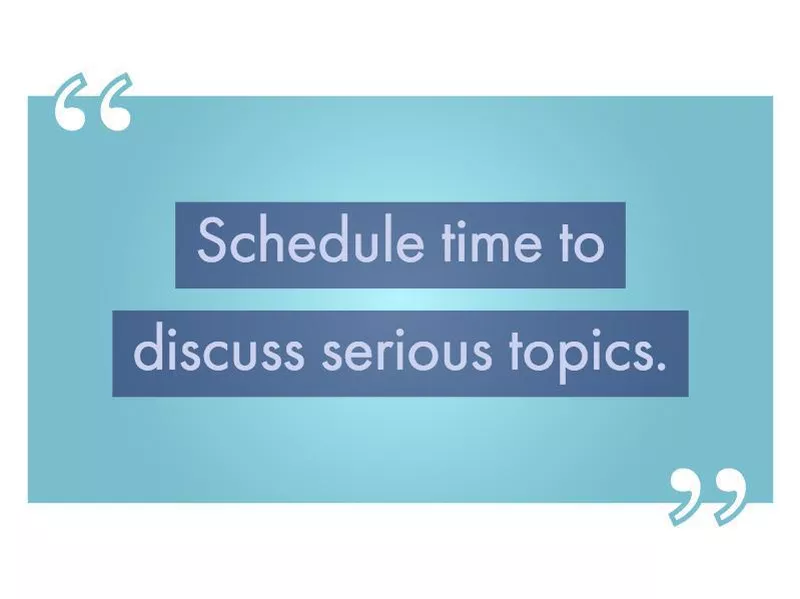
If your business were struggling, you wouldn’t just ignore it. You’d brainstorm some ideas on how to get back on track. Well, the same technique works for your relationship.
“Practice active communication: Schedule time to discuss serious topics and offer your undivided attention during those times,” Olavarria says. “After listening to your spouse speak, clarify your understanding of what your spouse is saying to minimize the risk of miscommunication.”
Date Nights Work

While work and bills and keeping the kids alive are all essential parts of a marriage, they aren’t the only parts. Making fun a priority via date nights can do wonders to bring some romance back into your union.
“Take time to reconnect with one another using memories and activities that carry positive associations in your relationship: One-on-one dates are a great way to do this,” Olavarria says. “Maybe you both loved trying new types of cuisine, attending live music events or going for long hikes. Revisiting those connections can help reignite the sense of adventure, passion, mutual curiosity and intimacy that helped bond you earlier in your relationship.”
Communicate Without the Absolutes
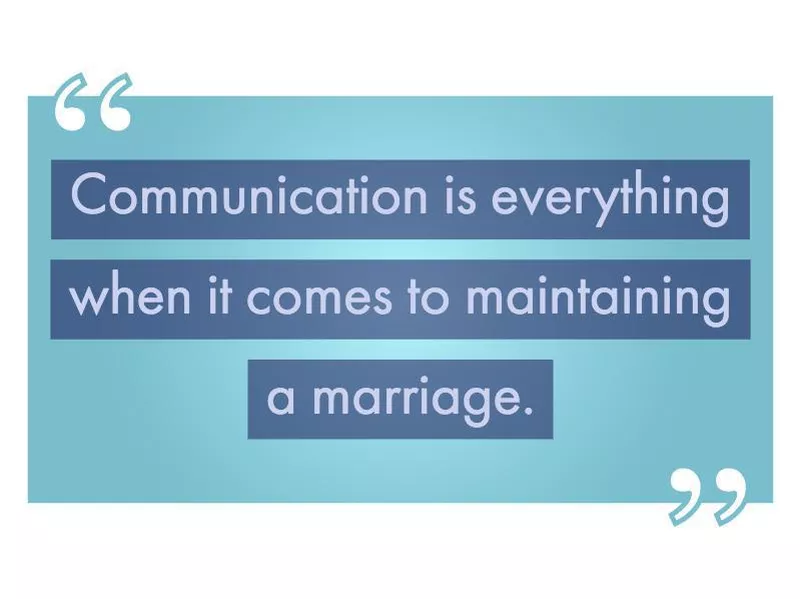
Communication is everything when it comes to maintaining any relationship, and a marriage is no exception.
“Challenge yourself to assume good intentions on the part of your spouse and avoid referring to their behaviors in absolutes. Very rarely does someone ‘always’ or ‘never’ do anything; terms like these can put your partner on the defensive,” Olavarria says. “When you have the urge to say words like that, make a point to substitute them with something like ‘I often feel…’ Phrasing like this focuses on your experience and helps you avoid overgeneralizing.”
Identify Your Needs and Issues
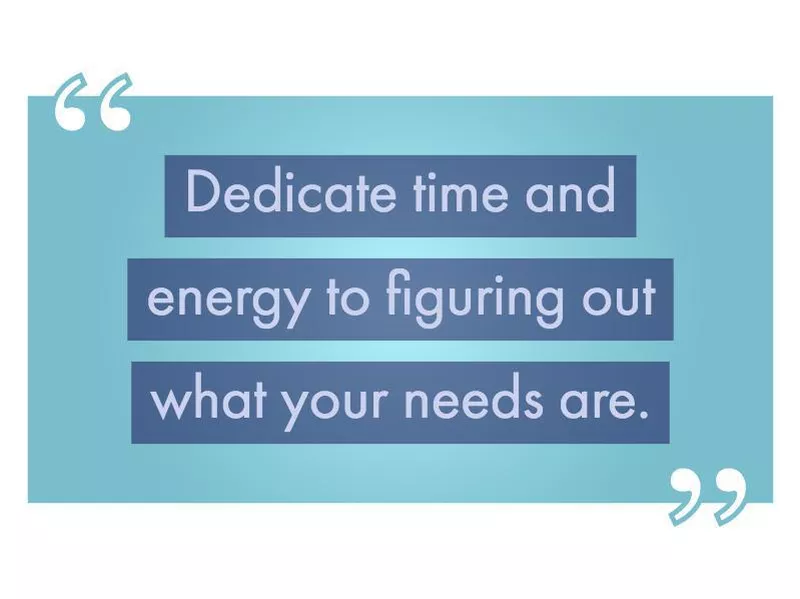
“Dedicate time and energy to figuring out what your needs are, both inside and outside of your relationship,” Olavarria says. “Communicate those needs clearly to your spouse using non-blaming language, and be prepared to listen with a nonjudgmental ear.”
In addition to identifying your needs, take some time to clarify what issues your marriage is currently facing. “At the end of the day, issues in any relationship most often stem from someone experiencing a lack of emotional safety brought on by unmet needs,” Olavarria says. “Those unmet needs may be directly related to the relationship, be connected to outside factors or be internally experienced by you or your spouse. Whatever the case, figuring out what those needs are will help you design a roadmap towards fixing the challenges in your marriage.”
Try Counseling

We have three counselors in our family, so relationship books and therapists’ opinions on marriage is very common in our house. But for most of the world, there is still a stigma around mental health issues, including counseling, even though it is the best thing you can do for your marriage.
“For many people, couples therapy can provide the type of safe, collaborative space needed to reconnect and facilitate effective communication. You’ll then be able to take those learned techniques with you beyond your time in therapy to build upon the foundation that you re-established together,” Olavarria says. “It is possible to restore that sense of intimacy and safety that you’re missing; and no matter what, you’ll be happy that you made the genuine effort to strengthen your marriage.”
Plus, therapists are experts so you’ll likely fast-track your relationship’s recovery when you commit to counseling. “Whether you’re noticing the beginning warning signs that there may be issues in the marriage or you have felt distant for some time, investing in couples therapy will often allow you to move towards repair much more quickly due to the therapist’s ability to facilitate healthy communication in a safe, neutral space,” Olavarria says.